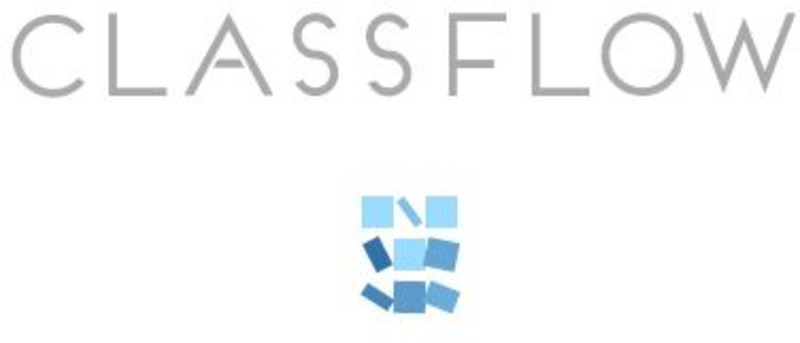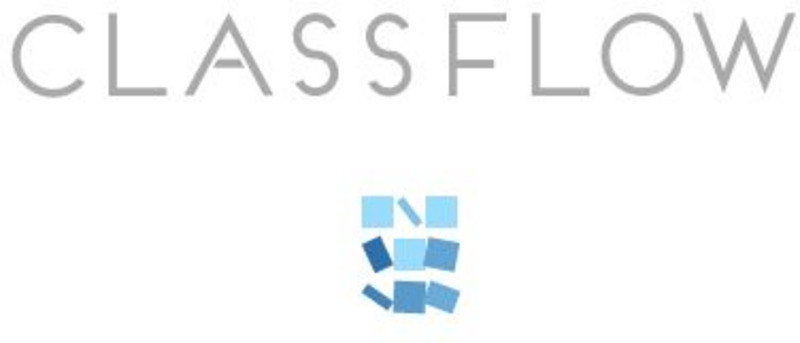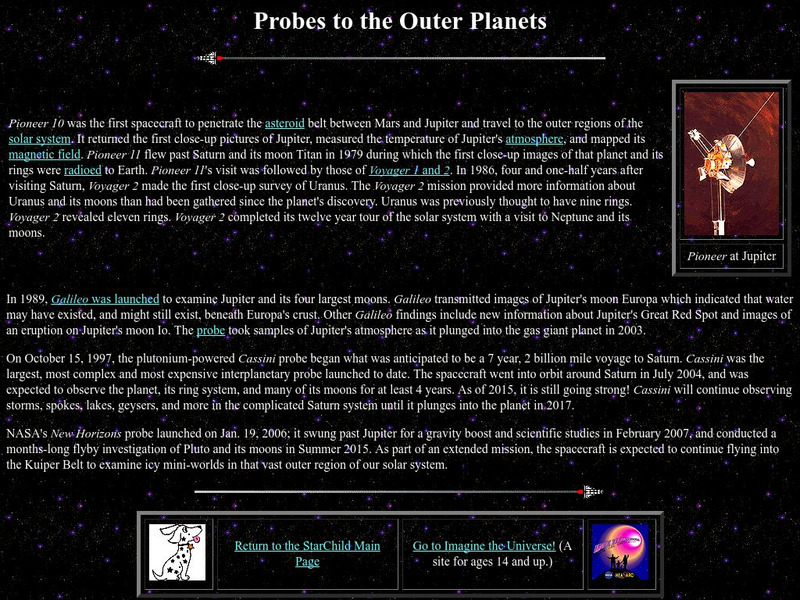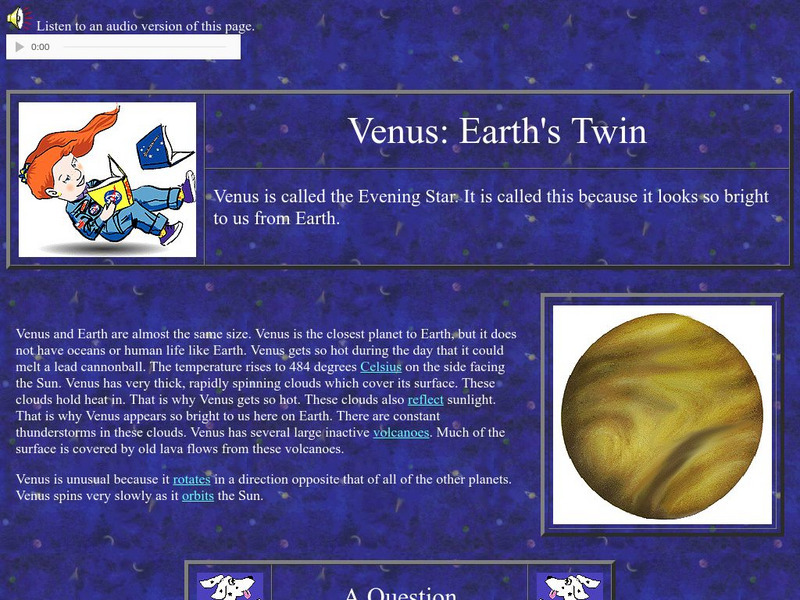Lonely Planet
Lonely Planet: Paraguay
Travel site provides geographical facts, stunning photographs and maps of Paraguay, plus notes on the culture, history, environment, and tourist attractions.
Defenders of Wildlife
Kids' Planet: Who Am I Animals Quiz One
Test your knowledge of the animal kingdom by taking this interactive quiz. Twenty multiple choice questions that offer immediate feedback to responses. If you need help, a link is available to facts about more than 50 animal species.
Lonely Planet
Lonely Planet: Slovakia
This site from the Lonely Planet provides great general information on the climate and vegetation of Slovakia. Great statistics are given as an introduction, then links are provided for additional information, such as: facts for the...
Lonely Planet
Lonely Planet: New York City
Lonely Planet travel site provides beautiful photos along with a detailed history, geography and top attractions of New York City.
ClassFlow
Class Flow: Feline Facts
[Free Registration/Login Required] Classification web to sort and group ideas about cats. Students pull facts from behind cat photo and place into proper place on web. Use with any reading books related to cats.
Defenders of Wildlife
Defenders of Wildlife: Fact Sheets
Here you can find fact sheets on over 50 species of animals. Find an animal by where it lives in the world, and learn all about it.
Lonely Planet
Lonely Planet: Berlin
Discover a brief introduction to Berlin. Includes interesting historical facts, maps, suggested attractions and recommended reading material.
Lonely Planet
Lonely Planet: French Polynesia
Use this site to learn some interesting facts about French Polynesia and Tahiti, including travel information, history, geography, culture, and environment.
Oxfam
Cool Planet: Brazil
Travel to Brazil and discover information on its history, geography, people, and fun facts. Also, find out what Oxfam is doing to help the third of the population of people in this country that still live in poverty.
Smithsonian Institution
National Museum of Natural History: Ocean Planet: Oil Pollution
Source provides key facts and figures as well as pictures on various oil accidents. Site information is divided up into three categories: Sources, Accidents and Cleanups. This is part of an archived Smithsonian exhibit.
ClassFlow
Class Flow: Astronomy Planets
[Free Registration/Login Required] The student will be able to compare and contrast the similarities and differences of the planets. The student will be able to name three facts about inner planets and three facts about outer planets.
ClassFlow
Class Flow: Space Probes to the Planets
[Free Registration/Login Required] Various activities are found in this flipchart surrounding the theme of the book Space Probes to the Planets. It includes comparing/contrasting, vocabulary development, fact/opinion game, Activote...
ClassFlow
Class Flow: Fact Families
[Free Registration/Login Required] In this activity, students use the visual cues from a fact family triangle, manipulatives and numbers to understand and apply the concepts and procedures of mathematics including addition, subtraction,...
ClassFlow
Class Flow: Division Facts
[Free Registration/Login Required] The teacher will use this lesson plan to review division facts with 3rd grade students.
ClassFlow
Class Flow: Royal Fact Families
[Free Registration/Login Required] This interactive flipchart gives students practice in working with addition and subtraction fact families.
ClassFlow
Class Flow: All in the Family: Fact Families
[Free Registration/Login Required] This flipchart explores the concept of fact families for addition and subtraction as well as inverse operations. There are several pages of hands on activities to engage student learning.
American Geosciences Institute
American Geosciences Institute: Astronomy
Eight hands-on lessons module in which students explore the characteristics of planet Earth, its moons, the sun, the solar system, planets, and the difference between science fact and science fiction.
NASA
Nasa Space Science Data Archive: Neptune Fact Sheet
Resource has text information to compare Neptune with Earth. Includes Neptune observational data, orbital data, magnetosphere, and atmosphere. Also contains an image of Neptune that can be enlarged.
NASA
Nasa Star Child: Probes to the Outer Planets (Level 2)
This site has a description of the many probes sent to the outer planets, including pictures and vocabulary words linked to a glossary of terms. Other links on interesting facts and more detailed information are also included.
Smithsonian Institution
National Museum of Natural History: Ocean Planet: In Search of Giant Squid
An on-line exhibit archived from a Smithsonian exhibit explores and interprets the facts and myths surrounding giant squids - the world's largest invertebrates.
Other
Planet Science: Let It Snow, Let It Snow, Let It Snow
This page presents some scientific facts about snow.
NASA
Nasa Star Child: The Planet Venus
Basic facts about the planet Venus including its temperature, its atmosphere, and its volcanoes. Includes a discussion question on temperature, with facts, and the answer. A linked page covers similar material in a "Level 2" version, and...
NASA
Nasa Star Child: The Planet Mercury
Basic facts about the planet Mercury including its size, its name, and its atmosphere. Includes a discussion question on its visibility from Earth, with facts, and the answer. A linked page covers similar material in a "Level 2" version,...
Ducksters
Ducksters: Astronomy for Kids: The Planet Earth
This site is astronomy for kids and teachers! Here students can learn about the planet Earth of the Solar System including fun facts, mass, day, year, and distance from the Sun.


















